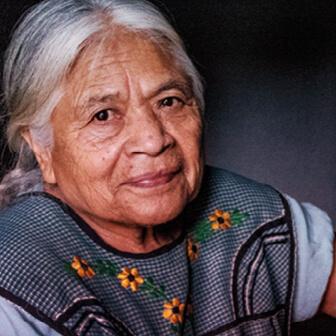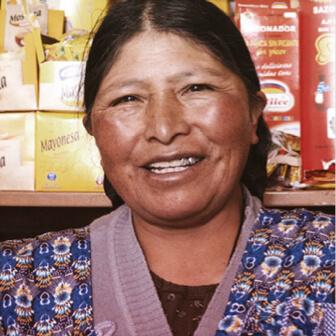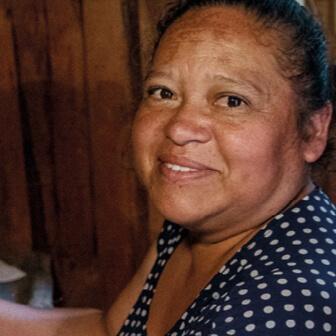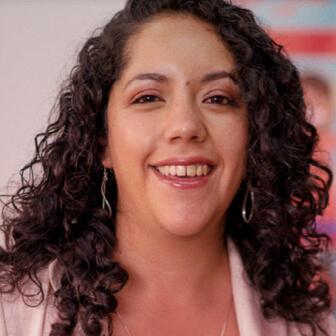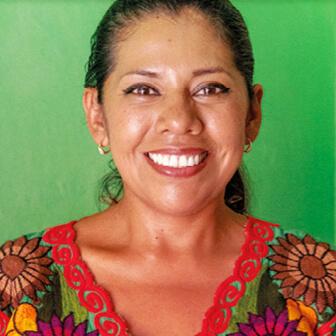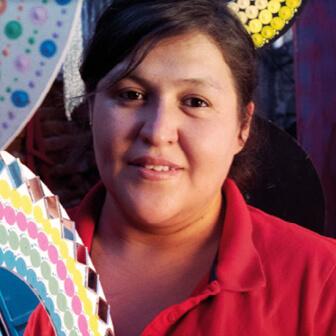4 Ways Investors Can Directly Address the Gender Gap
11 junio, 2020
Blog, Partners
In Latin America, women entrepreneurs often face barriers when accessing needed capital to start and grow their businesses. Applying a gender lens into the investment process is fundamental to help close the gender gap.
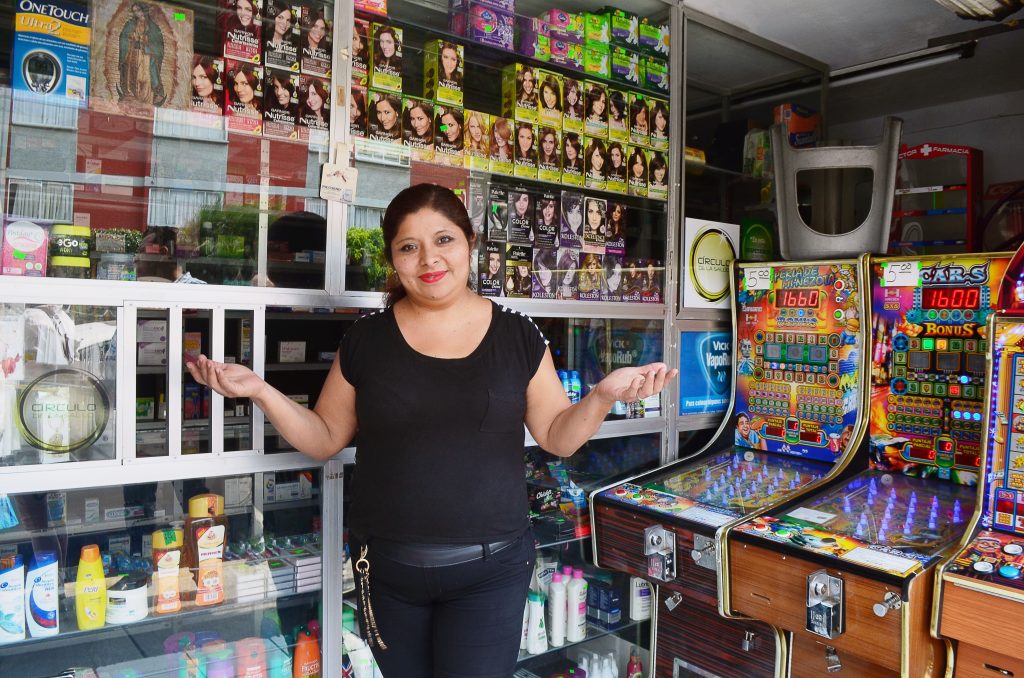
Investors have an important role to play in advancing economic progress and gender equity in Latin America. Evidence-based research shows that closing the existing gender gaps that make it harder for women to prosper professionally and personally can help reduce poverty, boost the economy, and create more innovative businesses and jobs.
Ensuring that women have the same economic opportunities whether it’s access to education, capital to start a business or equal pay can create a ripple effect to positively impact society, economically and socially. According to McKinsey’s 2015 report, if women were to participate in the economy at the same rate as men, there would be a GDP annual growth of $2.6 trillion for Latin America in 2025.
Here are four ways investors can actively help close the gender gap while acting as key agents to advance the region’s economy:
- Reducing unconscious bias: Investors have to first acknowledge gender bias in their investing methods. According to the “Bridging the Gap between Women Entrepreneurs and Investors in Mexico” research led by students at the School of International and Public Affairs at Columbia’s report, investors in Mexico tend to perceive women as risk-averse which can create barriers in the investing decision-making process. At the same time, many women entrepreneurs claim that they are treated differently during the investing evaluation process compared to men, as evidenced by gendered questions posed to them, for instance asking how they plan to juggle motherhood and business. In order to reduce bias, investors must be open to educating themselves and work with experts to develop a gender perspective. They must actively work to implement policies that strengthen gender parity and prevent discrimination and harassment within their work place.
- Building financial services that meet women entrepreneur’s need: High interest rates and “unattractive loan terms” prevent women from accessing capital for their businesses. Many commercial banks have strict requirements to access credit such as “fixed assets.” According to the IFC, “there is a $93-billion financing gap faced by women entrepreneurs in the region.” And approximately 75% all women-led small and medium enterprises (SMEs) in Latin America lack access to adequate financing. Investors must work together to build new financial services such as seed capital to help women who are at the early stages of their businesses. Additionally, investors should reevaluate their risk assessment to allow more women entrepreneurs to enter their portfolio. Strengthening the angel investment industry is key to closing the “missing middle” gap in Mexico, where many women-led SGBs are too small for venture capital funds, too risky for banks, and unable to grow through microfinance. Viwala is one example of impact investment working to addressing the gender gap and creating innovative tools for women entrepreneurs. It provides capital to women-led companies that have reached the growth stage. Its model gives flexibility to the entrepreneur as the credit payments depend on the business´ sales becoming an innovative model that opens the door for many women entrepreneur. Additionally, Viwala´s investment team is made up entirely of women, who provide workshops and trainings to their entrepreneurs.
- Promotion of women’s leadership: The investment sector continues to be a male-dominated industry. In Mexico, 84% of funds does not have a woman in their investment teams and only 4% of the fund have a female partner. Investors must bring to their team women to hold leadership roles, and ramp up their efforts to identify more women-led businesses in different sectors including technology. Business development services can play a key role as well in helping investors identify and connect with women entrepreneurs. Village Capital is one example of a women-led business development service provider and a seed-stage investor who is actively implementing a gender lens to its efforts. Their internal committee is 60% female and 40% male, while its external committee, composed of program alumni, features an equal representation of women and men. As a result, of the 115 investments they have made globally, 46% are women-led businesses.
- Creating more spaces for women to strengthen their skills, networks and mentorship: According to Columbia’s report, “women entrepreneurs identified needs that go beyond the financing options. They expressed the need for support to design and develop a digital strategy and legal counseling, especially on copyright and tax issues.” Access to mentorship and financial education programs is critical to help women navigate this ecosystem, find support, and connect to investors. At the same time, access to networks will give them and their business added exposure. It is why it is important for investors, business development services and social impact organizations to work together to build these kinds of spaces that will allow women to develop their skills and meet potential investors.
Investors have the power to make impactful change to support gender equality in Latin America To learn more about our efforts to promote gender lens investing click here.
